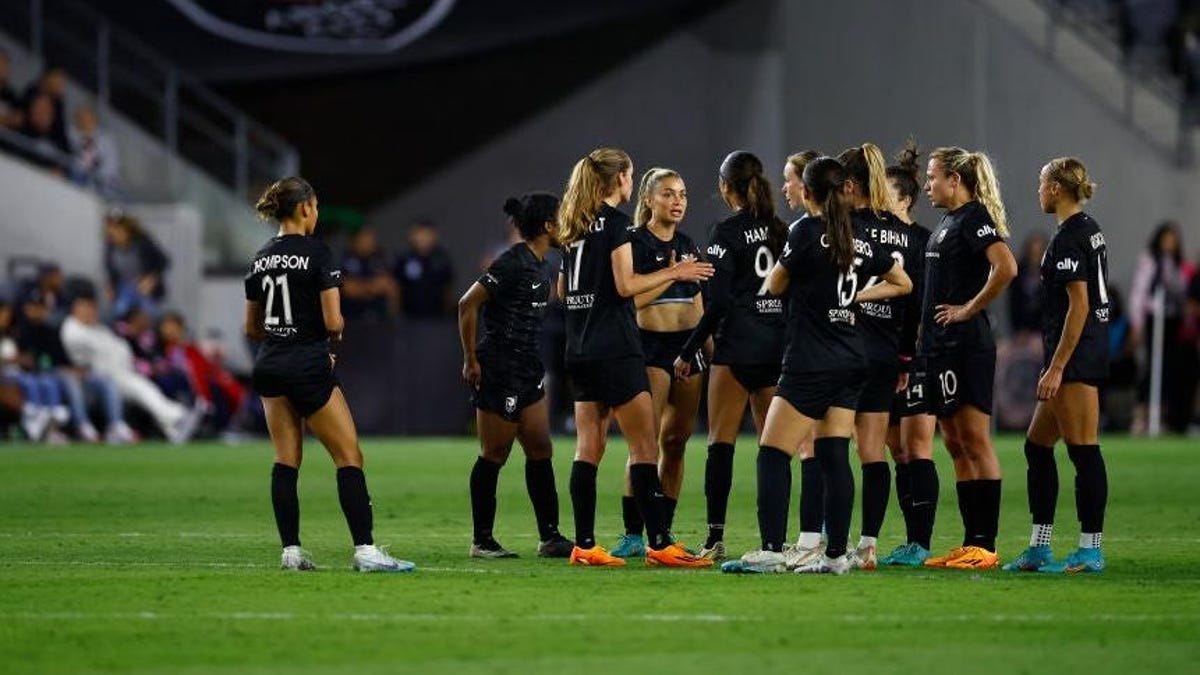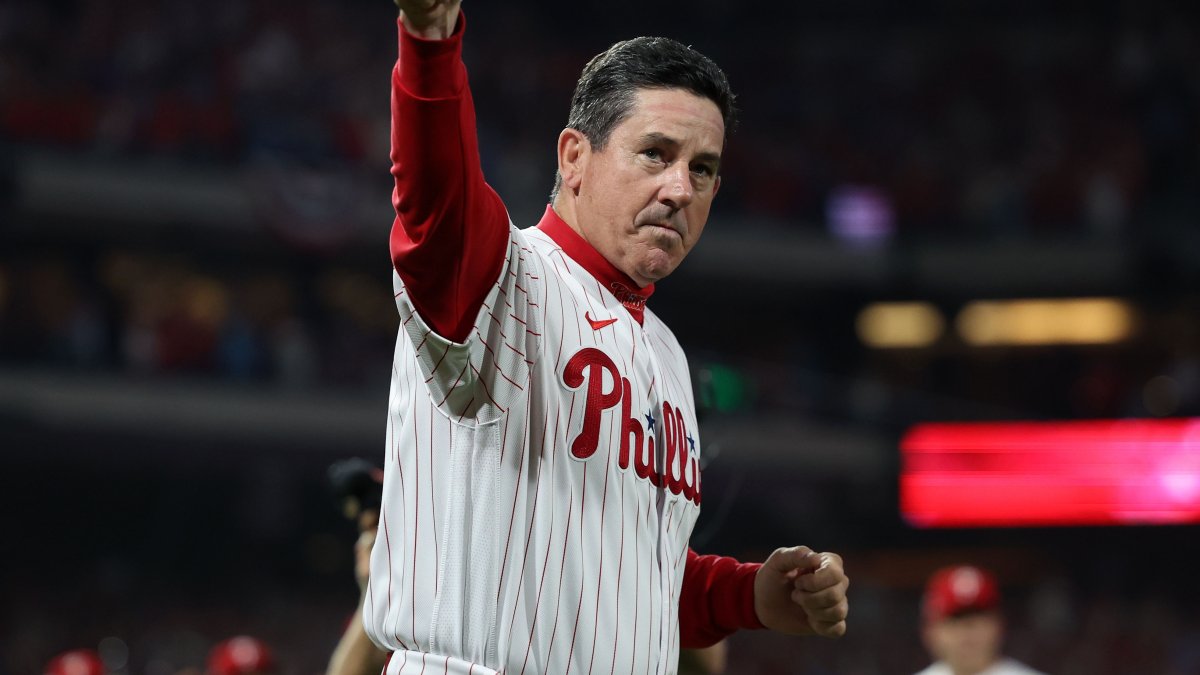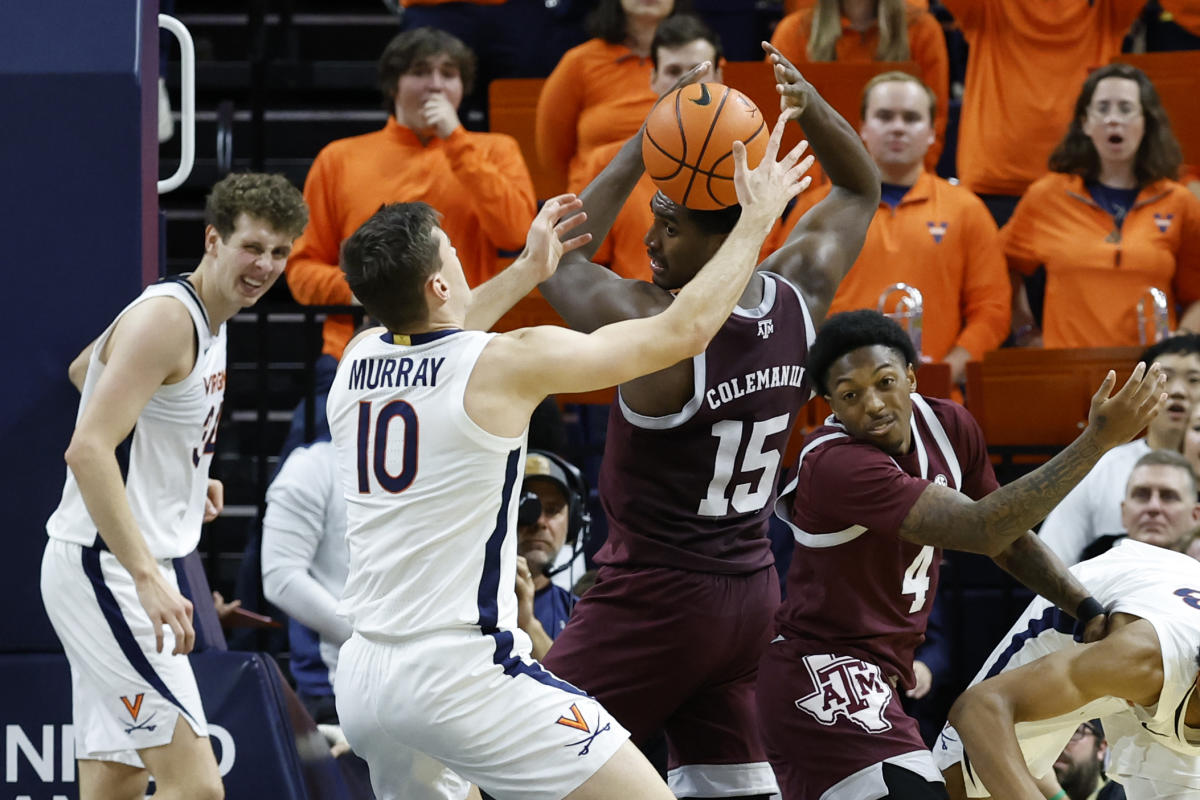The Controversy Surrounding Angel City FC’s Banner Policy
As the conflict between Israel and Gaza intensifies, the NWSL’s Angel City FC has faced criticism for its recent announcement regarding banners at their match with Portland FC. The club stated that only banners related to either team would be permitted, explicitly excluding political banners. This decision immediately sparked speculation on X (formerly Twitter), with fans accusing the club of suppressing pro-Palestine demonstrations in the stands.
Many fans found this move hypocritical, considering ACFC’s commitment to equity, which they claim involves breaking down barriers for marginalized groups. Prior to this announcement, the club drew criticism for a statement that appeared to show support for Israeli victims of Hamas’ attacks without acknowledging the suffering of Palestinians in Gaza.
The conflict in the Middle East is incredibly complex, and condensing it into a single social media post is impossible. The decision to disallow banners and signs unrelated to the game has raised concerns over censorship based on subject matter, despite the team’s purported aim to support all innocent people in the region. It is worth noting that ACFC did not issue a statement banning pro-Israeli banners in response to Hamas’ attack on October 7, or at least none were shared on social media.
Throughout history, soccer has served as a platform for political protests by both fans and players. Boycotts, demonstrations, and protests have occurred at various World Cup events, and even UEFA had to reassess its rules on political statements after fans displayed flags supporting Catalonian independence. In England, fans have demonstrated against club ownership, while players like Megan Rapinoe have used their platform to protest against racism, homophobia, and police brutality. Drawing a line on the Israel-Palestine issue appears short-sighted and contradictory to ACFC’s stated values.
Professional sports have never been solely about the game; they have always been entwined with politics. Sports serve as a way for Americans to express their views on broader societal issues. Iconic figures like Mohammed Ali, Billie Jean King, the Atlanta Dream, and Carl Nassib have all used their influence and platform to make political statements. Restricting fans from expressing their feelings on matters that are important to them feels wrong, especially considering the oversimplification of online discourse surrounding the violence in Gaza.
The online narrative surrounding the conflict is polarizing, with individuals being branded as either antisemitic or fascist based on their opinions. Those who choose to remain neutral are criticized for being ignorant or self-absorbed. By limiting the expression of emotions and opinions, resentment and anger are fostered. As a journalist, I believe that transparency is crucial, and I advocate for an open marketplace of ideas. Accurate and comprehensive information is essential, and sports can contribute to political discourse by raising awareness of alternative perspectives. This is not the time to draw lines in the sand; instead, we should allow the banners in and promote dialogue.

Michael Johnson is your soccer guru, providing extensive coverage of soccer. With a global perspective, he delivers match reports, player interviews, and insights into the beautiful game, ensuring readers stay connected to the world of soccer.




:no_upscale()/cdn.vox-cdn.com/uploads/chorus_image/image/72931262/usa_today_21973134.0.jpg)


